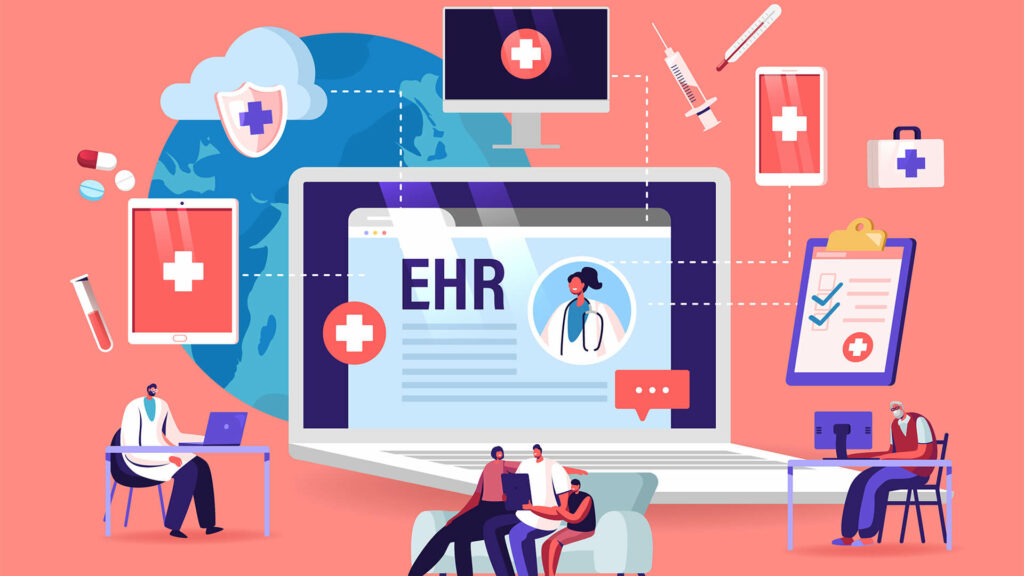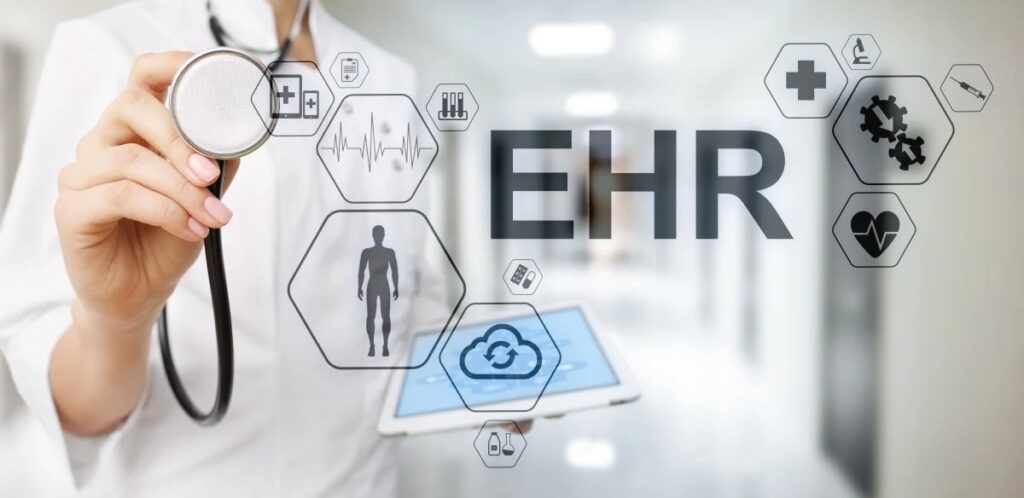Electronic health records (EHRs) have revolutionized the healthcare industry, providing a digital platform for storing and accessing patient information. While there are clear advantages to using EHRs, such as improved efficiency and accessibility, some potential disadvantages should be considered. This blog post will explore the surprising advantages and disadvantages of electronic health records, shedding light on both sides.
Advantages of Electronic Health Records
– Improved efficiency and accessibility
– Enhanced coordination of care
– Streamlined billing processes
– Increased patient engagement
Disadvantages of Electronic Health Records
– Privacy and security concerns
– Potential for information overload
– Financial costs and implementation challenges
– Potential for errors and inaccuracies
Mitigating the Disadvantages
– Implementing robust security measures
– Training healthcare professionals on the proper use
– Regularly updating and maintaining the EHR system
– Addressing privacy concerns through strict policies and regulations

Conclusion
Electronic health records (EHRs) have revolutionized the healthcare industry by streamlining how patient information is stored and accessed. One of the main advantages of EHRs is the ability to share patient data electronically, allowing for more efficient communication between healthcare providers. This leads to better care coordination and reduces the chances of medical errors.
Additionally, EHRs eliminate the need for paper-based records, saving time and resources. However, there are also some disadvantages to consider. EHR systems can be costly to implement and maintain, requiring significant financial investments. Moreover, concerns about the privacy and security of patient information have been raised, as electronic records are susceptible to hacking and data breaches.
Furthermore, the transition from paper records to EHRs can be challenging for healthcare professionals, requiring training and adaptation to new technology. Despite these drawbacks, the benefits of electronic health records are undeniable, ultimately improving patient care and outcomes. Electronic health records offer numerous advantages, including improved efficiency, coordination of care, and patient engagement. However, it is essential to be aware of the potential disadvantages, such as privacy concerns and the risk of information overload. By taking necessary precautions and addressing these challenges, healthcare organizations can unlock the full potential of electronic health records while minimizing the associated dangers.


